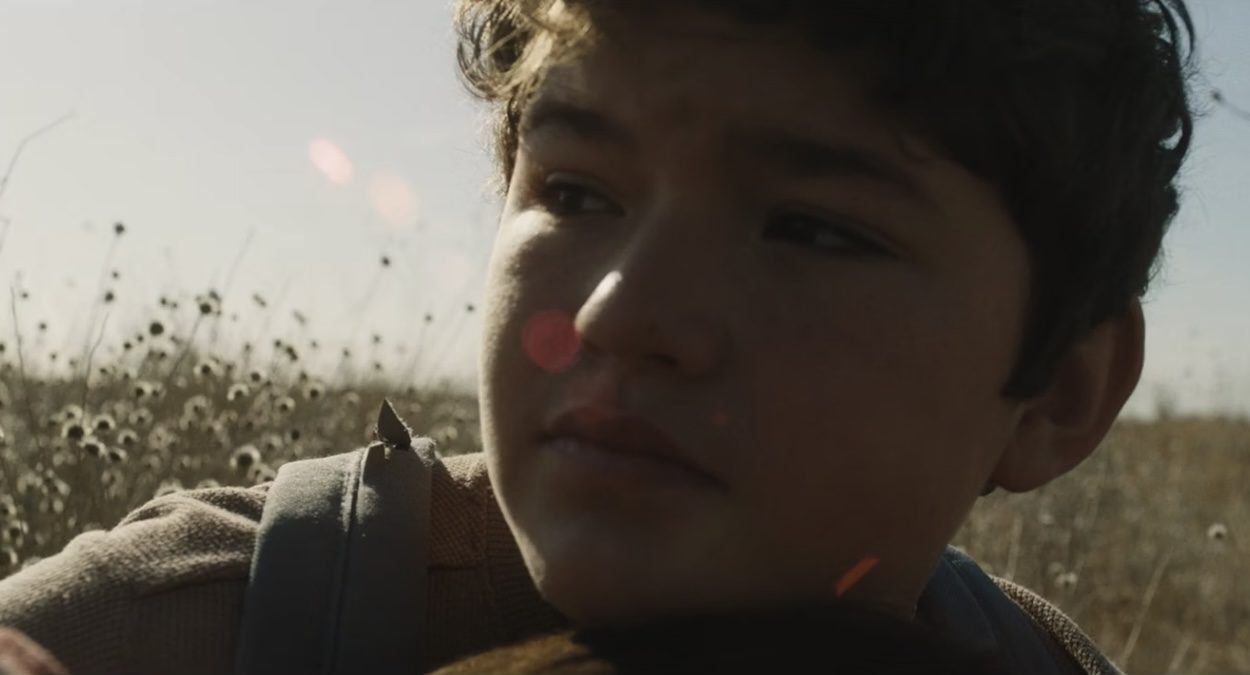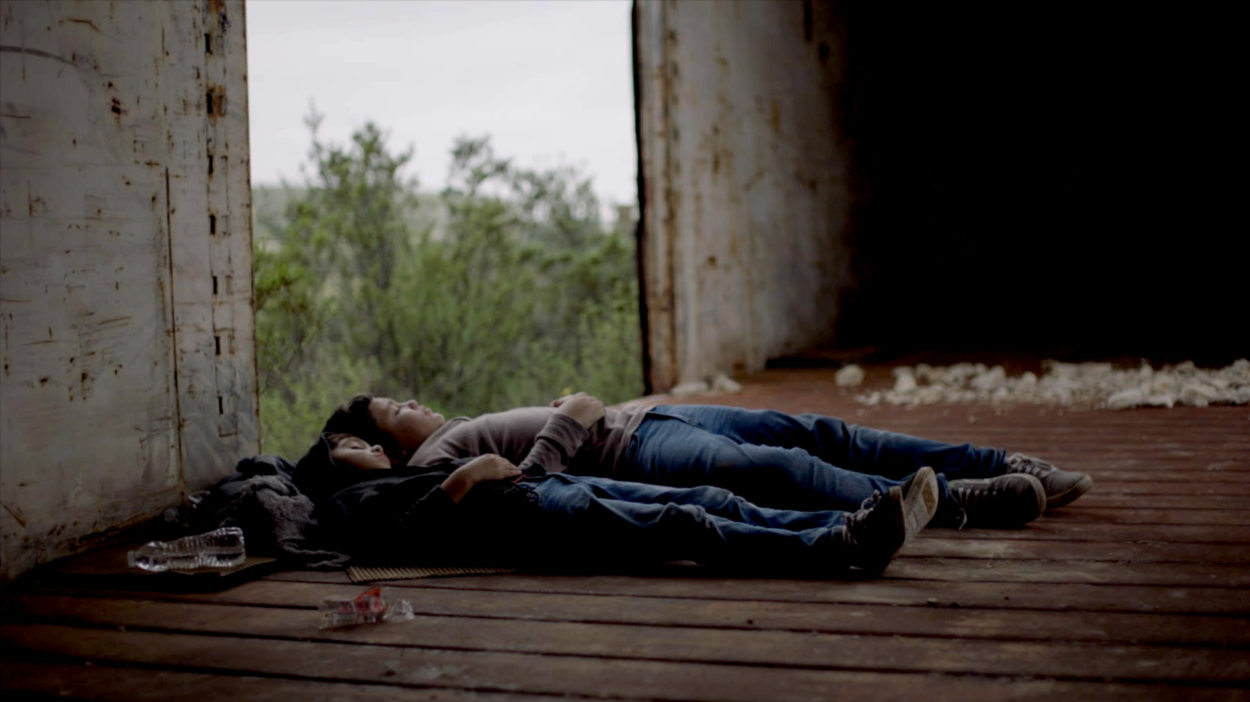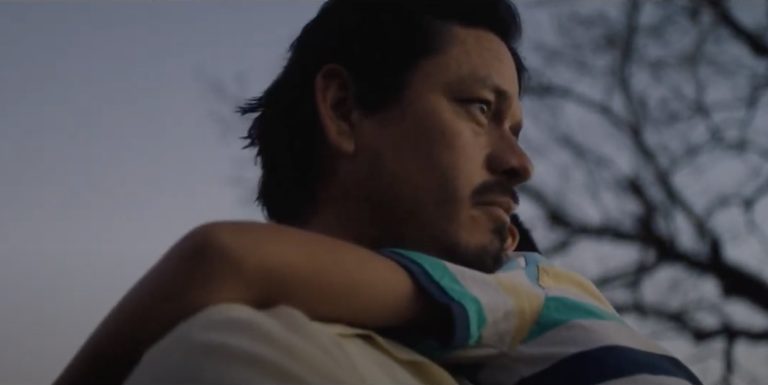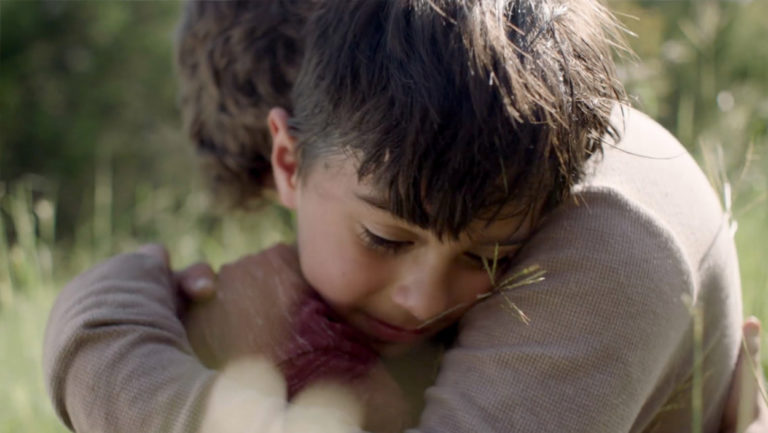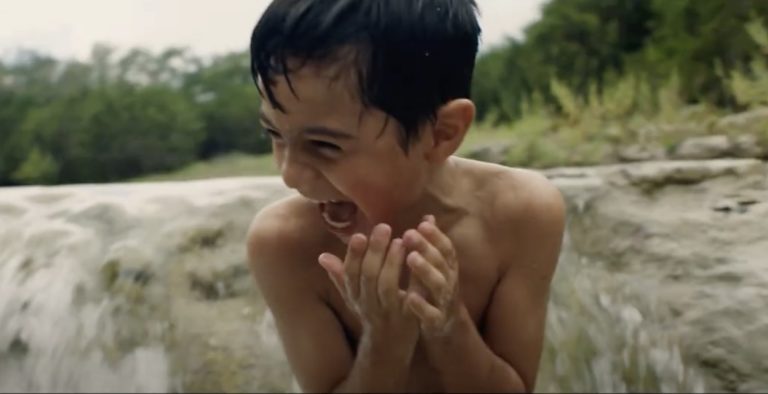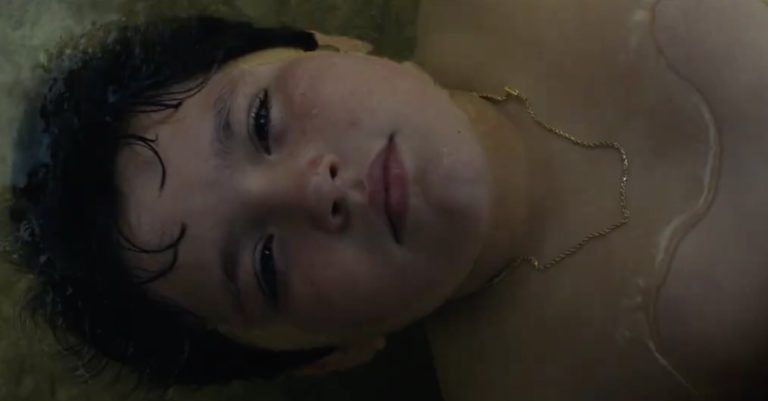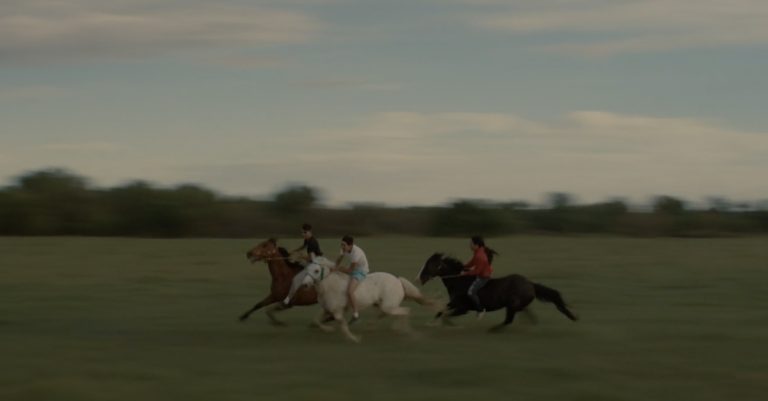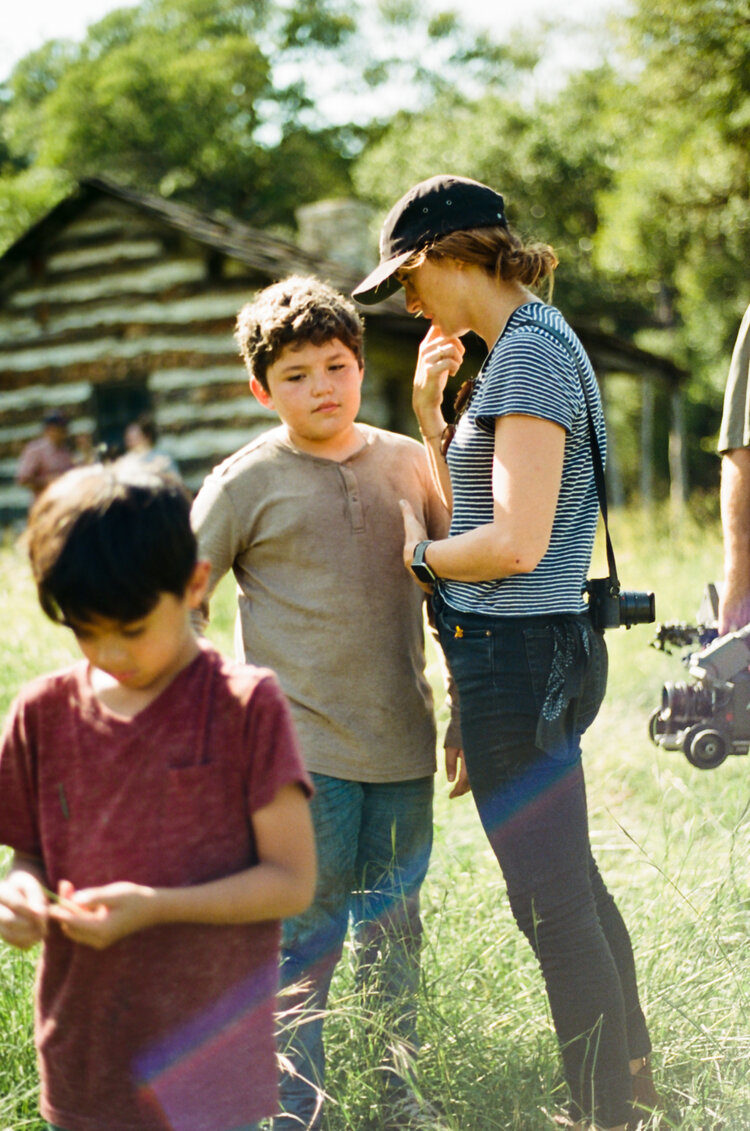Hermanos is a deeply emotional and politically charged film, particularly in its portrayal of family bonds amongst harsh immigration policies. Were there any particular stories or conversations that inspired you to personally craft this story?
Firstly, thank you. Several stories, images, and news reports gripped me and inspired me to write this script. I wish I could share with you the stock footage montage I gathered of news reports and stories from 2019 covering specific families and the harsh conditions at the Detention Centers on the US-Mexican border. One of the many stories that really affected me was that of a father crossing the Rio Grande with his daughter. The two of them tragically drowned and they were found floating in the river with his daughter still strapped to his back. I can still see that image vividly and writing this now still has an emotional impact on me. The other stories that spoke to me were those about families escaping violence in their countries. These were families who felt they had no choice but to come to the United States to protect their children only to have them ripped away from their arms and placed in detention centers that were known for physical, emotional, and sexual abuse.
What kind of research did you undertake to ensure that the portrayal of vulnerability of many young refugees and the extreme experiences they tackle, were both authentic and respectful to real-life situations?
I studied a lot of archival footage and reports from the various news outlets who had access to Detention Centers and were covering child separations. Additionally, I had my script and facts vetted by a Mexican writer and by a human rights lawyer who were working to reunite families at the border.
Dealing with such pressing issues and distressing topics, did you feel a particular pressure to make sure this film reached audiences in a timely manner – especially with the fast approaching U.S. 2024 elections?
I felt a sense of urgency to tell this story back in 2019, when I wrote it. And then life as we knew it changed and everything hit pause in 2020 because of COVID, including Hermanos, and this project was shelved while I tended to family and health. What’s so staggering is a topic I was so impassioned about in 2019 is equally as relevant and urgent today in 2024 with this approaching election. I’m so happy it’s getting out in the world and I hope it opens the door for important conversations around immigration policies and the importance of keeping families together.
You worked closely with an incredible team of creatives to bring the story of Hermanos to life, including Director of Photography Amado Stachenfeld. How did you ensure your creative vision aligned with your team to create the film’s atmosphere and tone?
Well, firstly, I worked with a team who I deeply trusted and whose craftsmanship I admired. Amado and I have worked together many times and have a strong shorthand when it comes to collaborating on the look and tone of a film. I often have images in my head that I need to translate to my team and the way I do that is with a lot of visual and tonal references. Amado and I had many discussions and reviewed a wealth of visual references before we did our shot-listing. That conversation continued throughout principal photography. I tend to be very close to the camera on set. In addition, I had mood boards and references for the rest of my team. Working with the art director to nail the inhumane conditions of the detention centers was very important to me. Lastly, when it came to the script, I worked closely with Jorge Jiminez, who plays the father in our film, to assure we were using the appropriate spoken Spanish. He really helped me in coaching Seth and Carlos with their Spanish. Authenticity across the board was key.
Your recent short documentary Dancing Warriors—now screening on the festival circuit—follows the inspiring story of a Lakota teen racing team who find hope and purpose through the traditional sport of “Indian Relay” horse racing. Are you intentionally focusing on telling stories from underrepresented voices?
In these two cases, yes. I definitely wanted to tell these specific stories and I do think it’s incredibly important for stories from underrepresented voices to be told. I have naturally gravitated to some of those stories but I also think it’s important for people in those communities to get the chance to tell their own stories in their own voices. I would also like to help support those storytellers.
From Dancing Warriors
What’s next for you and are there any major themes or stories out there that you’re eager to explore?
I’m currently writing my debut feature screenplay about a determined sister who takes her schizophrenic brother on a cross-country road trip against their father’s wishes. She believes that a better life and improved care for her brother lies at the end of their journey, but as they navigate the highs and lows of the trip, both siblings are pushed to their limits, leading to a surprising and heart wrenching revelation about love, family, and our human desire to control fate. This story is very personal to me and inspired by my relationship with my older brother who is schizophrenic. Family dynamics, trauma and the human condition seem to be a continuous theme in the stories I tell. That may sound intense but there is beauty somewhere in all of it and it’s that broken beauty that has always spoken to me as a storyteller.
Interview by Niccolò Montanari
Rachel McDonald on the set of Hermanos
INFO:
Rachel McDonald website
Hermanos website
Biscuit website
@raemcdonald
@hermanosfilm
@biscuit.filmworks
REP: Biscuit
